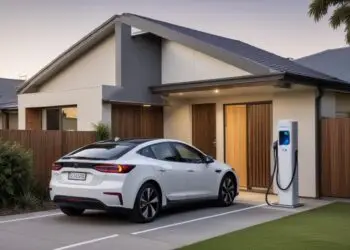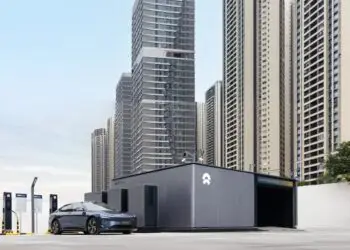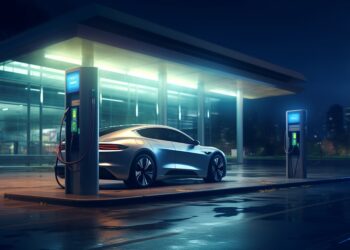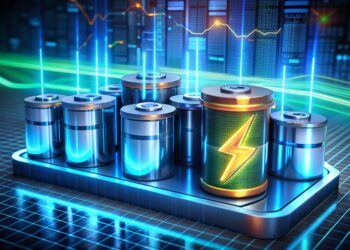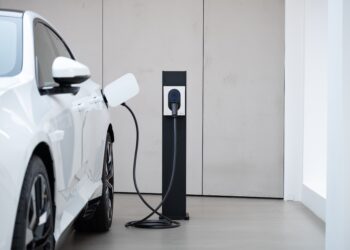In a significant move towards greener logistics, DHL Group and energy provider E.ON have entered into a partnership to expand the electric charging infrastructure for heavy commercial vehicles. This initiative is set to take place at DHL Group distribution centers across Germany, marking a crucial step in the company’s commitment to decarbonizing transportation and logistics.
Key Aspects of Partnership
Infrastructure Development
Under this partnership, E.ON will handle the planning, construction, and operation of fast-charging stations and transformer stations at various DHL locations. The infrastructure will be tailored to meet the specific needs of electric trucks, including features like overhead cable guidance and efficient charging at loading docks, even in confined spaces.
Service Partner Access
The new charging stations will cater to DHL’s fleet and be open to DHL service partners, including fleet operators and transportation companies. This inclusive approach encourages wider adoption of electric vehicles (EVs) within the logistics sector, fostering a more sustainable industry.
Sustainability Goals
DHL’s fleet electrification aligns with its Strategy 2025, which aims to reduce logistics-related greenhouse gas emissions significantly. DHL has set a target to lower these emissions to below 29 million tons of CO2e by 2030. The company already uses 35 e-trucks for delivery and pickup in Germany, and by 2030, it hopes to have 60% of its fleet running on electricity.
Strategic Impact
This collaboration underscores DHL Group’s dedication to sustainable logistics. By integrating fast-charging infrastructure, DHL addresses one of the critical challenges in the transition to electromobility—efficient and accessible charging solutions.
Andreas Mündel, Senior Vice President of Strategy & Operation Programs at DHL Group, highlighted the significance of this partnership, stating, “The electrification of our fleet, especially in the area of heavy commercial vehicles, is an important building block on the way to our goal of making the entire logistics chain as sustainable as possible.”
E.ON's Contribution
E.ON’s role is pivotal in this partnership. As Mathias Wiecher, Chief Commercial Officer of E.ON Drive, pointed out, “The switch to electromobility is a key element in reducing emissions in the transportation and logistics sector. Our goal is to find the optimal solution for our customers that meets both operational requirements and sustainability goals.”
Broader Implications
The enhanced charging infrastructure will support DHL Group’s broader environmental objectives, which include using sustainable aviation fuels, carbon-neutral buildings, and an expanded green product portfolio.
This initiative is a significant effort to make the entire logistics chain more climate-friendly and achieve net-zero emissions by 2050.



